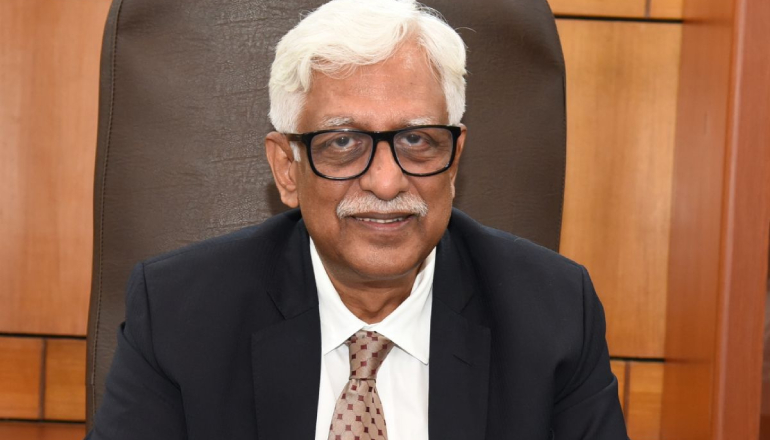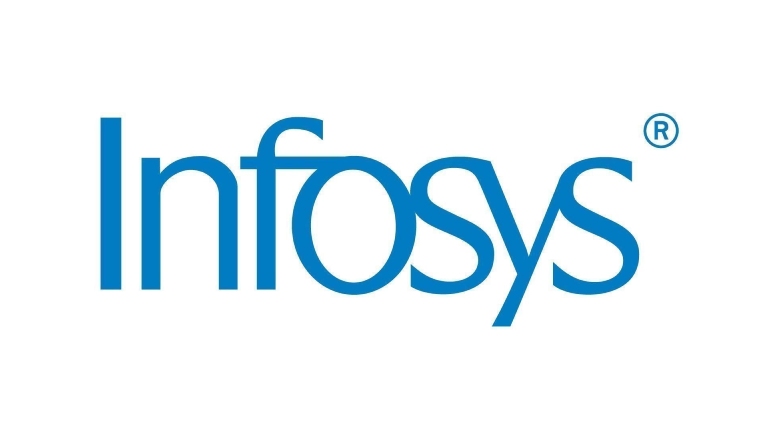One in five CFOs in large enterprises is prepared to meet upcoming requirements to report and seek external assurance on climate-related risks and opportunities.
An Accenture survey indicates that despite the majority of executives anticipating an increase in sustainability reporting requirements in the coming years, well-prepared executives are more likely to view sustainability as a potential opportunity for their companies.
The company has released the report during a period of increasing global sustainability regulations and legislation. These include EU’s CSRD regulation and CBAM, and the US SEC’s climate disclosure rules; measures to enhance market transparency, set carbon content-based import prices, and provide grants for sustainable activities.
Key findings:
According to the survey:
- 90% of respondents agreed that ESG issues will be a major focus for them over the next five years.
- Nearly 85% of respondents said they expect mandatory disclosure to increase over the next three years.
- Over 80% of respondents indicated that they are under pressure from three or more stakeholder groups to take sustainability-related action. The most frequently mentioned groups exerting pressure are shareholders, board members, and regulators.
- Just 22% of CFOs reported feeling well prepared to disclose on climate-related risks and opportunities and to seek external assurance on their disclosures.
- Additionally, only 10% of CFOs felt well prepared to meet these reporting requirements in all sustainability areas, such as resource use and circularity.
These results suggest that finance executives are feeling the pressure of the changing regulatory landscape. The findings suggest that even though finance executives are under increasing pressure to address sustainability issues, most do not yet feel ready to meet many of the new requirements.
Ratings per ESG measurement:
The study found a wide range of preparedness across the nine capabilities.
In this, it rated 12% of businesses as weak, 73% at a moderate level, with some having automated ESG data capture and most approaching the integration of ESG into their management systems, and 15% as having strong capabilities, including gathering comprehensive ESG data, automatically monitoring quality, utilizing ESG data to enhance business decision making, identifying potential ESG risks with predictive analytics, and developing complementary skills within their finance and sustainability teams.
According to the survey, 68% of the “weak” group’s companies reported finding it difficult to strike a balance between profitable growth and sustainability, compared to only 20% of the “strong” group. Additionally, “strong” companies were more than twice as likely (20%) to already view sustainability as a significant value driver for their organizations than the “weak” group (9%).
The study revealed a noteworthy association between businesses that perceive sustainability as a potential area for growth and opportunity and those that are well-prepared for ESG measurement and management.
How prepared are the Indian CFOs?
Indian Chief Financial Officers (CFOs) are the most optimistic in the APAC region, with 94% of them expressing confidence in their country’s economic future, according to the most recent Deloitte Asia Pacific (APAC) CFO Survey 2023 which was released in September last year.
Indian CFOs, also demonstrated an urgency when it came to putting in place suitable processes to comply with climate requirements. Approximately 59% of Indian CFOs plan to implement the required processes in the future, and 37% have already done so. Twenty-two percent of Indian CFOs were found to be adequately prepared to handle ESG challenges, according to the survey.
Using more sustainable materials (55 percent), encouraging or requiring suppliers and business partners to meet specific environmental sustainability criteria (53 percent), and adopting public policy positions that promote sustainability and actions to address climate change (65 percent) were the top three proactive sustainability initiatives by Indian CFOs.
Our take:
India is at the cusp of entering the ESG/sustainability mainstream. Global compliances and domestic mandates such as the BRSR Core are promoting the community to closely monitor the corporate ESG strategy, compliance and reporting. They are working closely with the BU Heads as well as the ESG teams and external partners to not just understand the new concepts, but also the ramification of non-compliance and the financial impact on the business!
The regulatory mandates in India have evolved to be more supportive and balance growth and sustainability.











